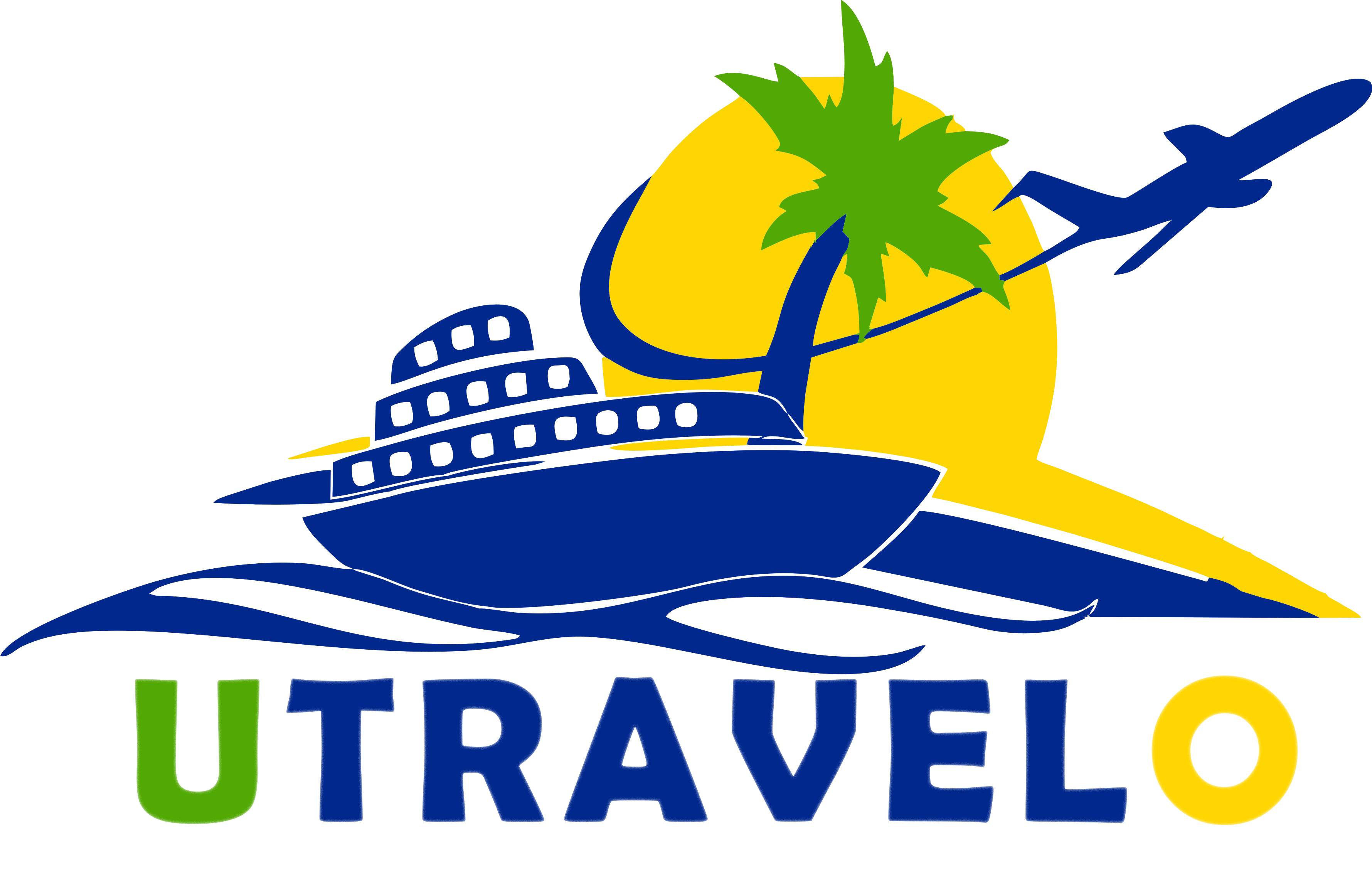Here is some advice from experts on how to behave responsibly while traveling to Hawaii, where visitor numbers are skyrocketing.
Hawaii is a popular tourist destination because of its picturesque beaches, warm tropical climate, and world-class surf breaks. The islands, however, are much more than just a vacation spot; they are also home to almost 1.5 million people, Native language and culture, fragile ecology, sacred sites, and endangered species.
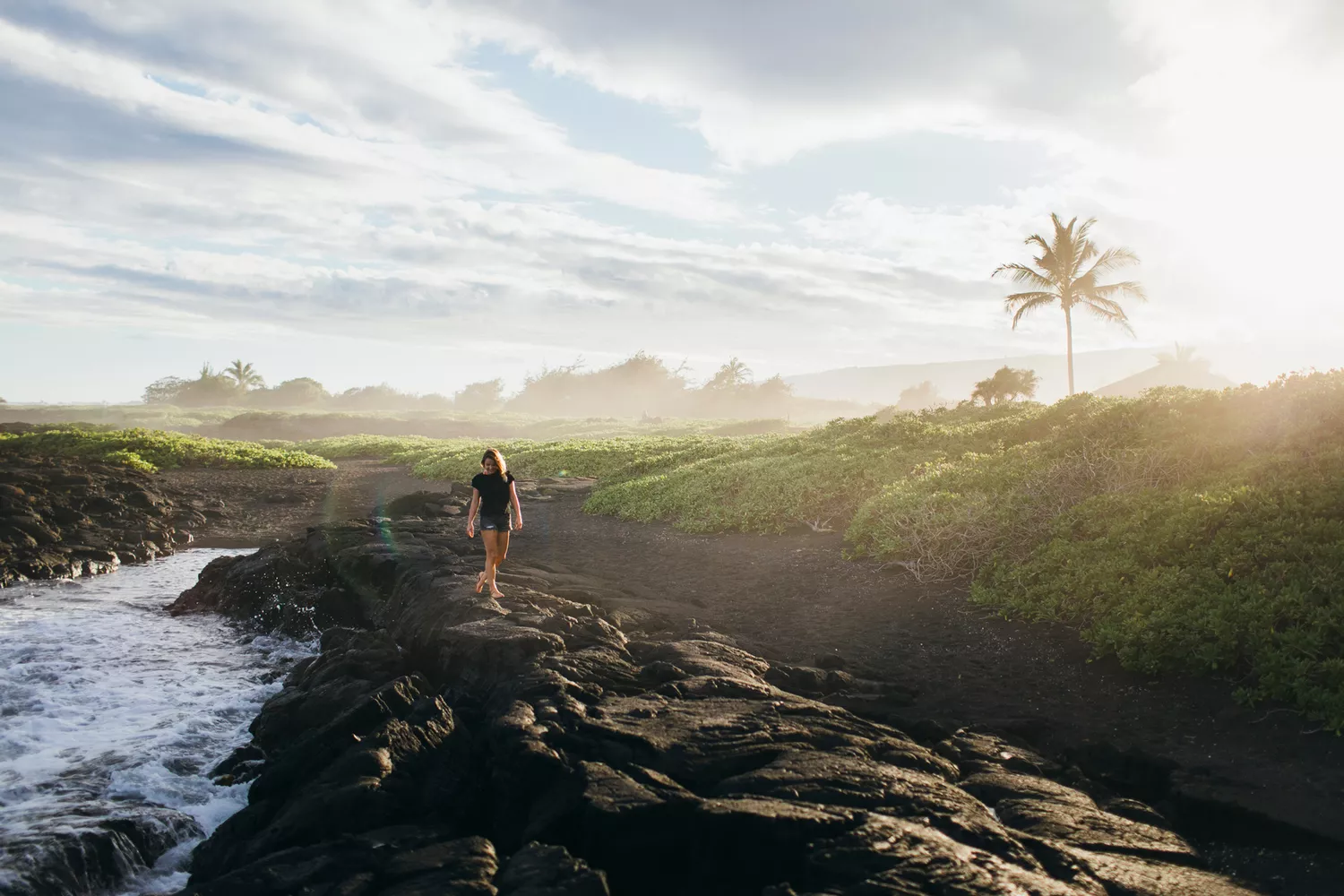
With pre-pandemic levels of tourism (30,000 arrivals daily on average), Hawaii is at risk of losing all that makes it such a valued destination.
Your decisions as a tourist have a direct effect, for better or worse. You have the chance and duty to treat the islands, their residents, and their animals with aloha. Therefore, take into account this professional advice on how to visit the state properly if you're considering a trip to Hawaii.
1. Make a plan.
Long before you leave for Hawaii, you can start planning a memorable and important trip.
Robynne Maii, a chef of Fête and Heyday, advises avoiding last-minute purchases and making plans in advance, especially while pandemic-related restrictions are still in effect. Many restaurants and tourist attractions are still under construction, and those that are open may not have enough seating and will fill up quickly.
According to Kylie Shimada, director of the experience at The Surfjack Hotel & Swim Club, "it's hard to get in anywhere without a reservation these days."
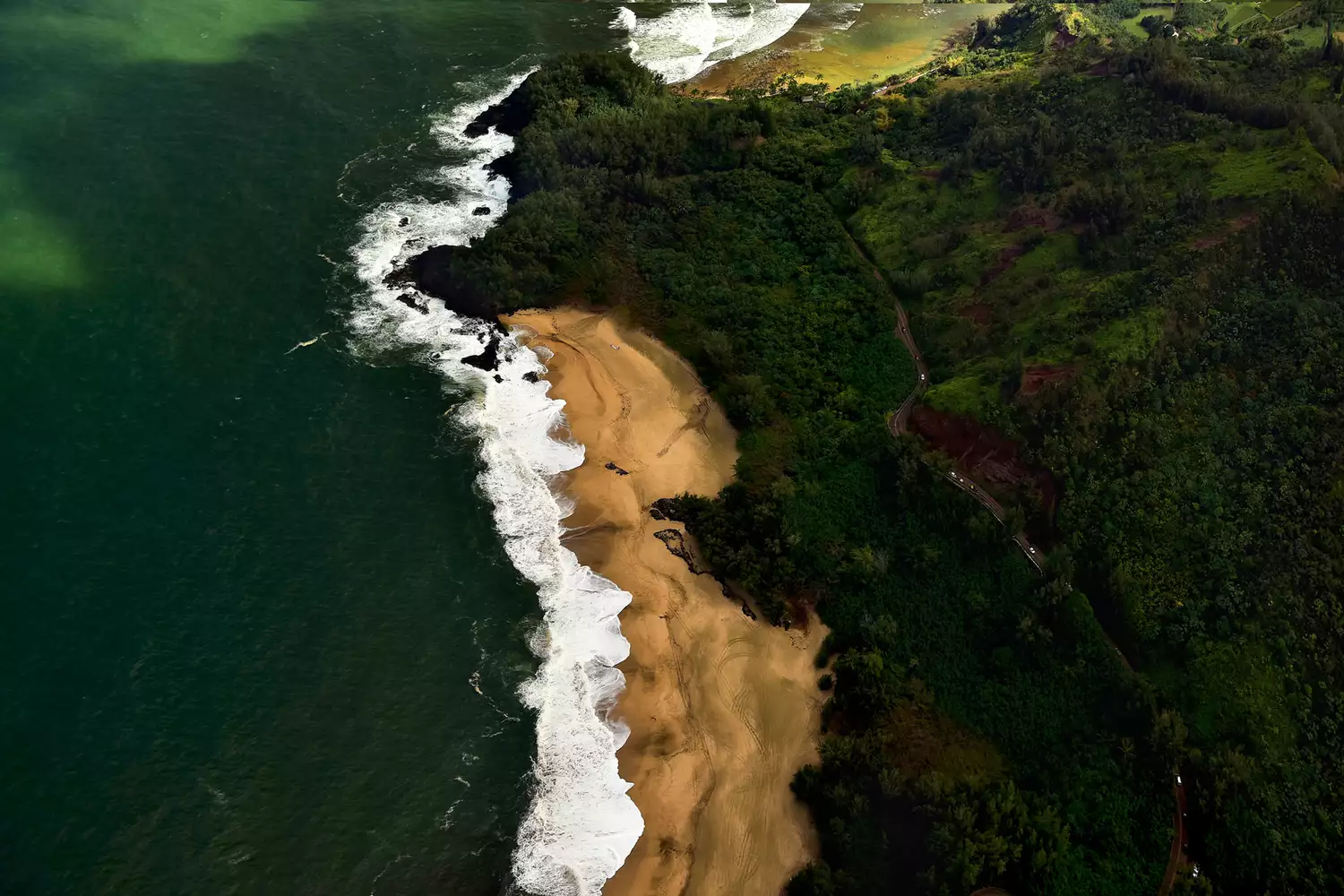
Reservation systems have also been introduced in some parks to better control visitor numbers and save Hawaii's fragile natural environment. According to Sue Kanoho, executive director of the Kauai Visitors Bureau, certain popular locations, like Ha'ena State Park, now need reservations to enter.
As part of your preparation for your trip, you should also become familiar with the customs and laws of the area, advise Ha'aheo Zablan, a Native Hawaiian and the general manager of the Kaimana Beach Hotel. It will be safer, more respectful, and more pleasurable if this effort is made in advance.
2. Select regional.
Hawaii has so many attractions to offer that the number of hotels, activities, and dining options is easily overwhelming. Focus your search on locally owned companies that value Native expertise and eco-friendly methods that are advantageous to both residents and tourists.
Seek out culturally enlightening activities like visiting Kualoa Ranch and the Bishop Museum advises Zablan. "Shop at farmers markets rather than big-box stores and make your reservations with locally owned adventure businesses.
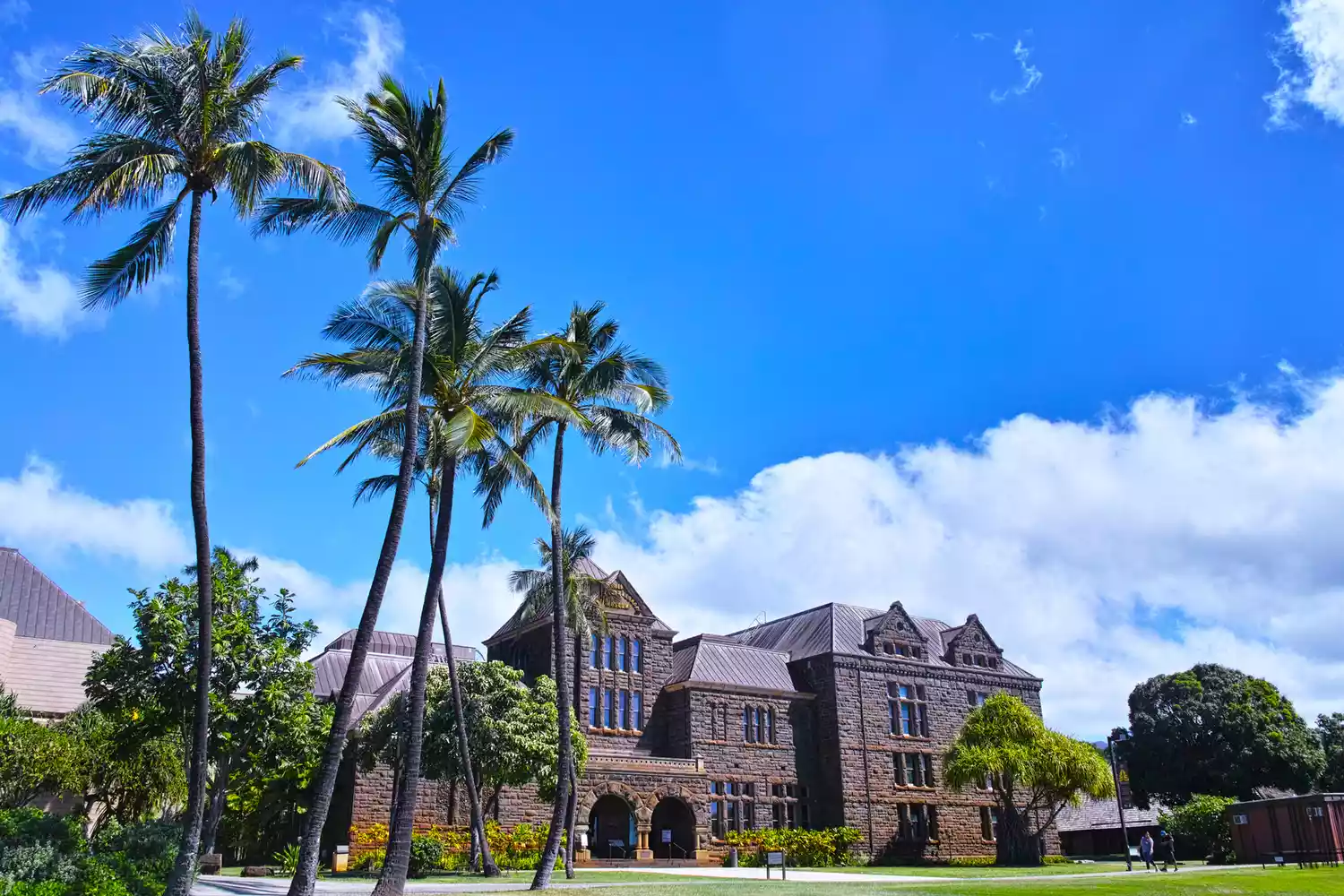
Don't pass up the chance to learn from people who are most familiar with Hawaii. Select native Hawaiian-led activities like lei-making or surfing. "Discover the history, struggles, and triumphs of Hawaii. Do not be scared to interact with and learn from the locals "the AC Hotel by Marriott Maui Wailea's general manager, Kaleo Kenai, a native Hawaiian. As long as your curiosity is sincere, we want to share our culture and history.
Visit local eateries like Highway Inn to sample traditional fare like poi (pounded and fermented taro root) and lau lau (pork and butterfish wrapped and steamed in ti and taro leaves), or spend an evening out at a restaurant like Merriman's that emphasizes Hawaii Regional Cuisine, is conscious of sustainable fishing, and uses ingredients with cultural significance.
3. Practice Aloha.
According to Native Hawaiian "Uncle" Bruce Keaulani, CEO of the Living Life Source Foundation, "aloha" is much more than just a catchphrase. It's a way of life that our forefathers passed down via tales, songs, and acts of kindness and generosity toward one another. And we all must keep it alive, he claims. "This spirit is manifested and keeps the love and light of Hawaii alive in each of us, visitors and locals alike, by the straightforward act of saying "Aloha" to everyone we meet, whether they are friends or strangers, on the street, the beach, in hotels, on hiking trails, and roads. "Love given, love received," or "Aloha Aku, Aloha Mai."
Behave as you would if you were a visitor at someone's home when you are in Hawaii. No matter where you were raised, Douglas Chang, a Native Hawaiian and general manager of The Ritz-Carlton Residences, Waikiki Beach, says, "We were all trained by our elders to be respectful when visiting someone's home."
Ekolu Lindsey, a Native Hawaiian and the head of Maui Cultural Lands, advises, "Bring your finest manners." "Please, thank you, and a sincere shake goes a long way." Lindsey advises saying "Aloha" to your neighbors, keeping noise to a minimum, and providing food if you're staying in a residential neighborhood.
In Hawaii, "we like to be courteous and giving," explains Mail. "It's a two-way street; visitors must do their share as well."
4. Observe the warnings.
It's normal to be mesmerized by Hawaii's stunning surroundings, but it's also crucial to pay attention to posted warnings and regional notifications, laws, and authorities. Because of their cultural and ecological value, certain areas and animals are protected. The weather can change suddenly, and the terrain and ocean conditions may be more hazardous than they seem. Tourist rescues put a strain on local resources in addition to the disruption that an accident (or worse) could cause to your trip. Therefore, always check the weather and surf forecasts, stick to established routes and viewing places, and never enter private property.
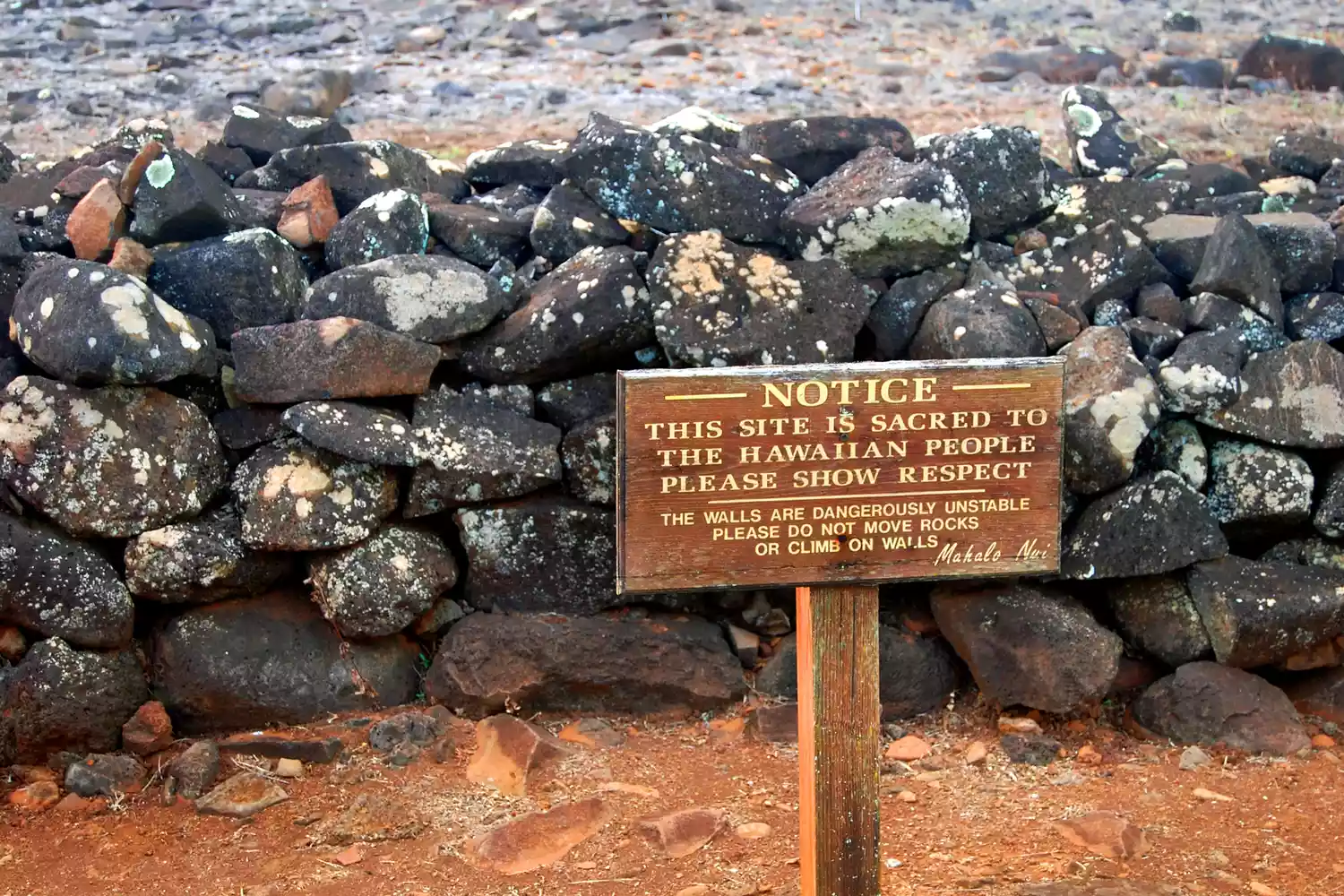
According to Kalani Ka'ana'ana, a Native Hawaiian and chief brand officer of the Hawaii Tourism Authority, you must also follow pandemic standards. Hawaii's hospitals have little capacity and resources, and everyone is still obliged to wear masks indoors—regardless of immunization status—despite some states' relaxing their regulations.
5. Be careful and offer assistance.
The core of Hawaiian culture, according to "Aunty" Wendy Tuivaioge, a Native Hawaiian and cultural ambassador of the Four Seasons Resort Maui at Wailea, is the idea of Malama 'Aina (caring for the land). According to Zablan, Hawaiians see the land as "an extension of us." We must all work together to keep it safe.
Visitors to Hawaii are equally accountable. According to Chang, "whatever we do affects and changes the environment we live in." The ecosystem of the islands is delicate, there aren't many natural resources, and numerous threatened species, including the Hawaiian monk seal, call these places home.
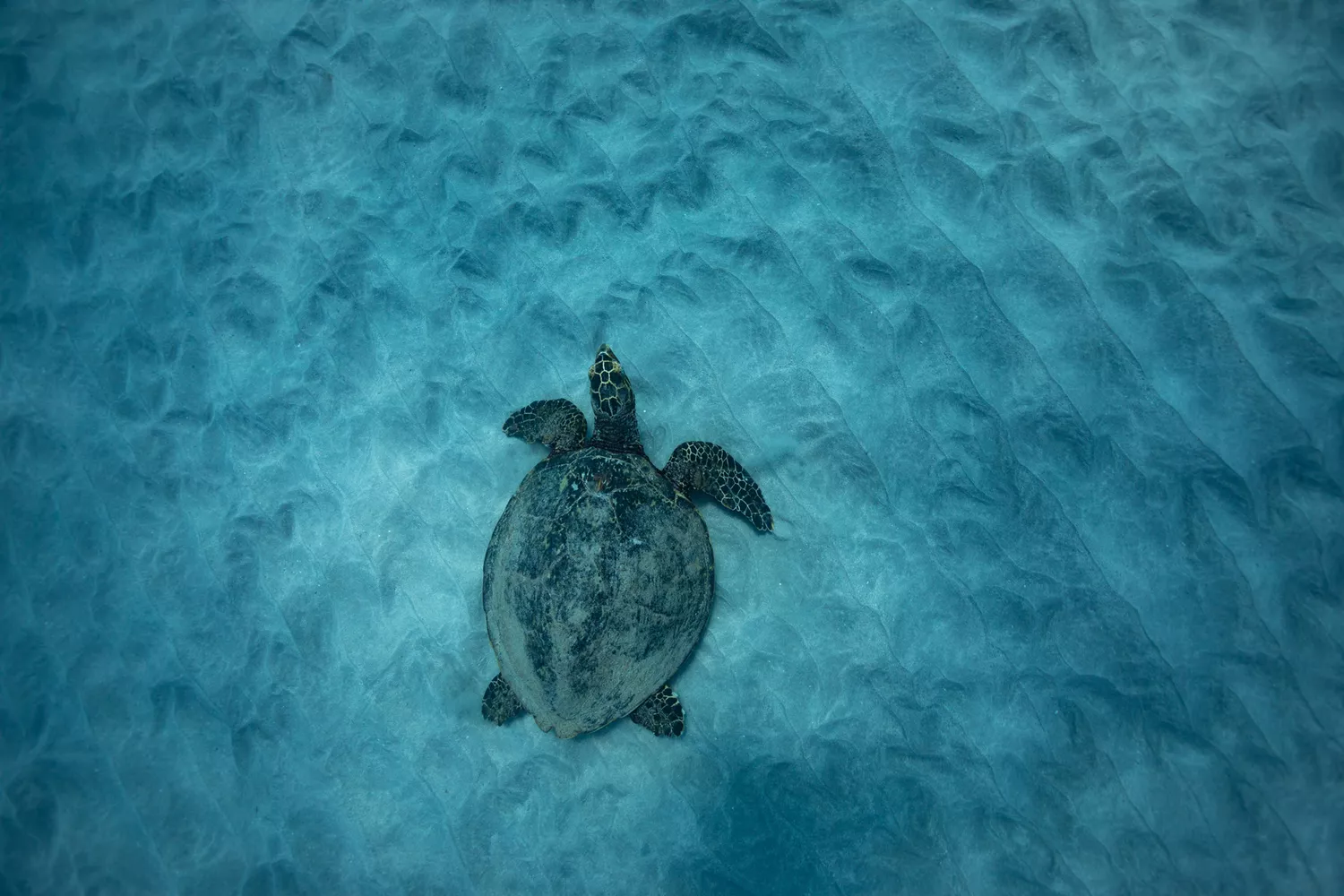
"Use only what you need, wear reef-safe sunscreen, pick up trash you find on the beach or in the ocean, avoid single-use plastics, choose activities powered by human power (such as outrigger canoe paddling or surfing), carry a reusable water bottle and bag, leave the natural landscape as it is (don't remove lava rocks and seashells, for example), and keep a safe distance from wildlife to reduce your footprint.
"Let the turtles take a calm slumber; they need it. Allow sharks to swim freely; they need space. Touching coral reefs can kill the aquatic life that lives there. Hawaiian monk seals are revered; treat them with respect and provide them their proper habitat "says Lindsey. When you come across these lovely creatures, it's normal to be excited, but remember that "you are entering nature's abode, and enjoy the show from a distance."
There are lots of chances through organizations like the Surfrider Foundation, Sustainable Coastlines, and Lahaina Restoration Foundation for people who want to spend some time volunteering in Hawaii. A lot of hotels may set up a beach clean-up for you to participate in, and some, like Ko'a Kea Hotel & Resort, provide "Care of Our Aina" packages. The statewide Malama Hawaii program makes it simple to discover a volunteer opportunity that fits your interests and abilities, plus also enables you to get free nights or discounted stays at partner hotels.
6. Adapt to the speed.
Whether you decide to volunteer or not, Kenai asserts that merely being aware of your activities and present to enjoy Hawaii's beauty can have a beneficial effect on both you and your hosts. "We cherish our islands and are incredibly proud of our heritage. Please take care of it so that we can all continue to enjoy the islands together for many years to come. We are pleased to share."
Slow down and get used to the pace of the islands whether you are driving around the island, snorkeling amid schools of fish, eating at a local restaurant, or doing anything else to enjoy everything that Hawaii has to offer. "Take your time and appreciate the scenery," advises Lindsey.
